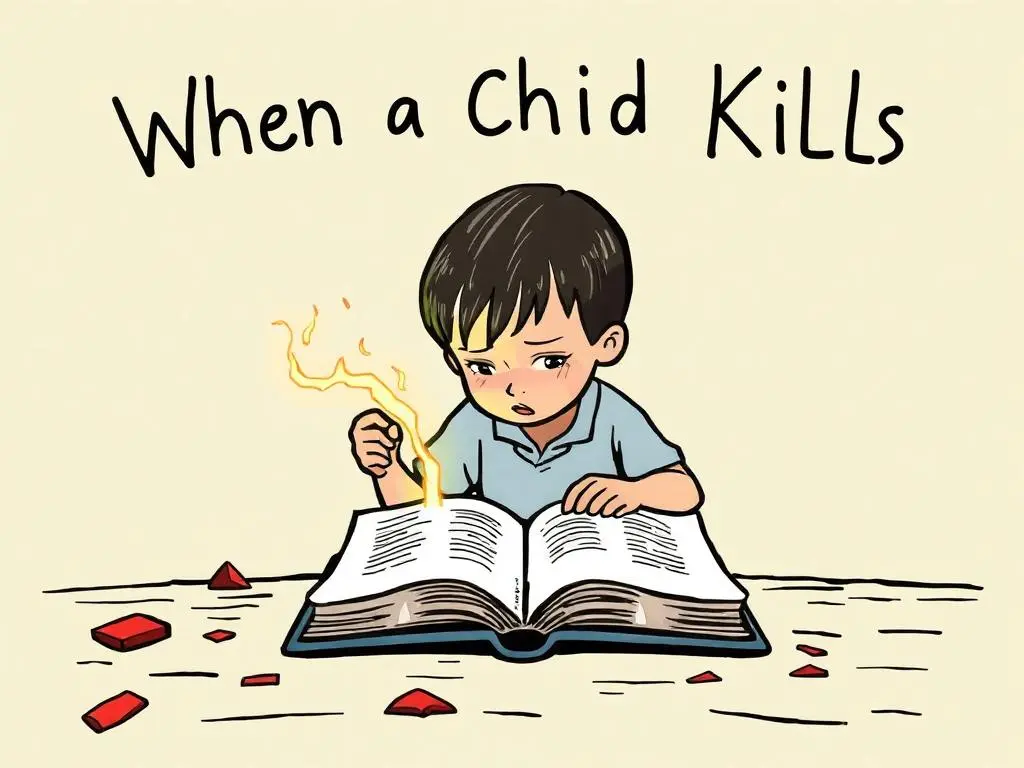Oliver Stones Reel History

CHASING THE LIGHT
Writing, Directing, and Surviving “Platoon,” “Midnight Express,” “Scarface,” “Salvador,” and the Movie Game
By Oliver Stone
Whenever Oliver Stone makes movies about real people, he ends up in hot water. Whether the subject is Richard Nixon or Alexander the Great, there’s always some critic nit-picking about factual inaccuracies or perceived political agendas. Not this time. With “Chasing the Light,” the 73-year-old Oscar-winning director and screenwriter has finally found a historical figure he can portray with all the bias he desires: himself.
And yet, Stone’s 330-page memoir, covering his life and career up to his first milestone achievement — winning an Oscar for his 1986 Vietnam drama, “Platoon” — turns out to be a surprisingly sober and cleareyed portrait of a rabble-rouser as a young man. It’s sure to tick off some people, like the actor James Woods, who likely won’t be thrilled with the bit about his constant whining on the set of “Salvador.” But for the most part the Oliver Stone depicted in these pages — vulnerable, introspective, stubbornly tenacious and frequently heartbroken — may just be the most sympathetic character he’s ever written.
As one might suppose, some of the most riveting parts are set in Vietnam, where, in 1967, after dropping out of Yale, 21-year-old Stone volunteered for service in the war that would shape so much of his worldview (and provide the inspiration for “Platoon”).
For a screenwriter, Stone has a notably languid and elegant prose style — at times downright novelistic — even if some passages can be rough to read. “Full daylight revealed charred bodies, dusty napalm and gray trees,” he writes about the aftermath of a battle near the Cambodian border. “Men who died grimacing, in frozen positions, some of them still standing or kneeling in rigor mortis, white chemical death on their faces.”
What’s more unexpected, though, is how engaging a tale he spins out of his early family life in Connecticut and New York, particularly his odd-couple parents — dad a Republican stockbroker, mom a free-spirited French glamour puss, both cheated on each other — and how their divorce shattered his childhood. Even more than Vietnam, this war at home seems to have molded Stone’s psyche, scarring him with a suspicious nature that could go a long way in explaining his penchant for conspiracy theories later in life. “If my parents had truly known each other before they were married, they would never have united, and I would never have existed,” he writes. “Children like me are born out of that original lie, and living a false front, we suffer for it when we feel that nothing and nobody can ever be trusted again. Adults become dangerous. Reality becomes loneliness. Love either does not exist or cannot survive.”
[ “Hollywood now — you can’t make a film without a Covid adviser. You can’t make a film without a sensitivity counselor. It’s ridiculous,” Stone says. ]
But, of course, the real payoff here, particularly for movie buffs, is Stone’s account of his early struggles as a filmmaker. How, within the course of a few years, he went from being a 30-year-old cabdriver to one of the top screenwriters in Hollywood, then clawed his way to the director’s chair with mostly forgotten horror flicks like “Seizure” and “The Hand.” How Al Pacino (or “street Hamlet,” as Stone refers to him) betrayed him in the editing room of “Scarface” by wimping out during a battle over the film’s cut with the director Brian De Palma. How he originally considered Keanu Reeves for Charlie Sheen’s part in “Platoon” (until the future “Matrix” star turned it down because “he hated the violence in the script”) and later courted Tom Cruise to star in “Wall Street” (as well as Michael J. Fox and Matthew Broderick before finally settling again on Sheen). And then there’s Stone’s portrait of Woods, whose diva shenanigans on the “Salvador” set could fill a book on their own. “Jimmy had been yelling so much in front of the Mexican crew that he was suddenly and officially warned by the Mexican government that his behavior ‘as a guest in our country’ was ‘unacceptable,’ and that if it continued, he’d be asked to leave Mexico,” Stone writes of the actor who ended up landing an Oscar nomination for his part in the movie.
Stone’s own bad behavior has raised eyebrows over the years. Seemingly everybody in Hollywood has some sort of Oliver Stone story. Although he doesn’t delve too deeply into his drug use or sexual adventures (he writes about his ex-wives with warmth and respect), he doesn’t whitewash his excesses either. “Yes — and I’d also gotten intoxicated in Hollywood and drugged in public, with stupid, immature behavior,” is how hee cops to his transgressions. “I’d flirted with and teased pretty women, sometimes in front of jealous men. I was at times rude, arrogant — yet I’d say colorful too, the kind of guy who you don’t know what he’ll do next.” In one startling passage, he even confesses to voting for Ronald Reagan in 1980.
His decision to end the memoir on Oscar night 1987 does feel a bit abrupt — there’s just so much more one wants to read about, from how Stone dealt with the backlash over his 1991 film “JFK,” to the controversy he stirred up with 1994’s “Natural Born Killers,” not to mention an explanation for that fawning 2017 Showtime interview series he did with Vladimir Putin (you know, the Russian strongman who’d just finished meddling in the U.S. presidential election). But, as the old showbiz saying goes, always leave them wanting more. And this book — “a story about cutting corners, improvising, hustling … about lying outrageously, gritting it out with sweat and tears … about growing up,” as he describes it in his introduction — neatly sets the stage for the possibility of that rarest of Stone productions: a sequel.




